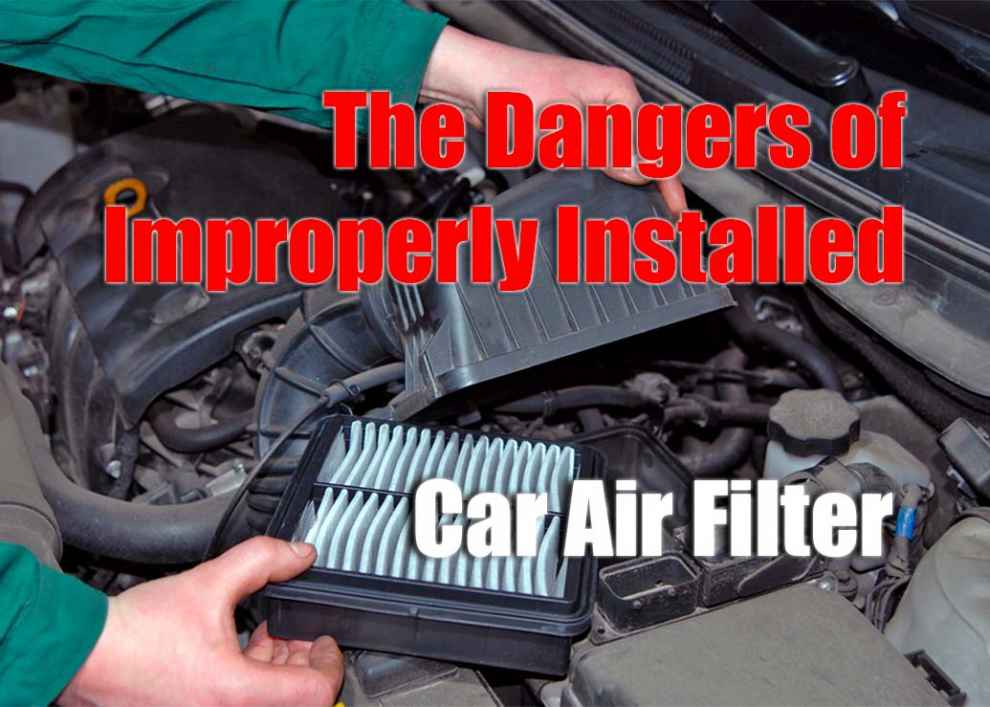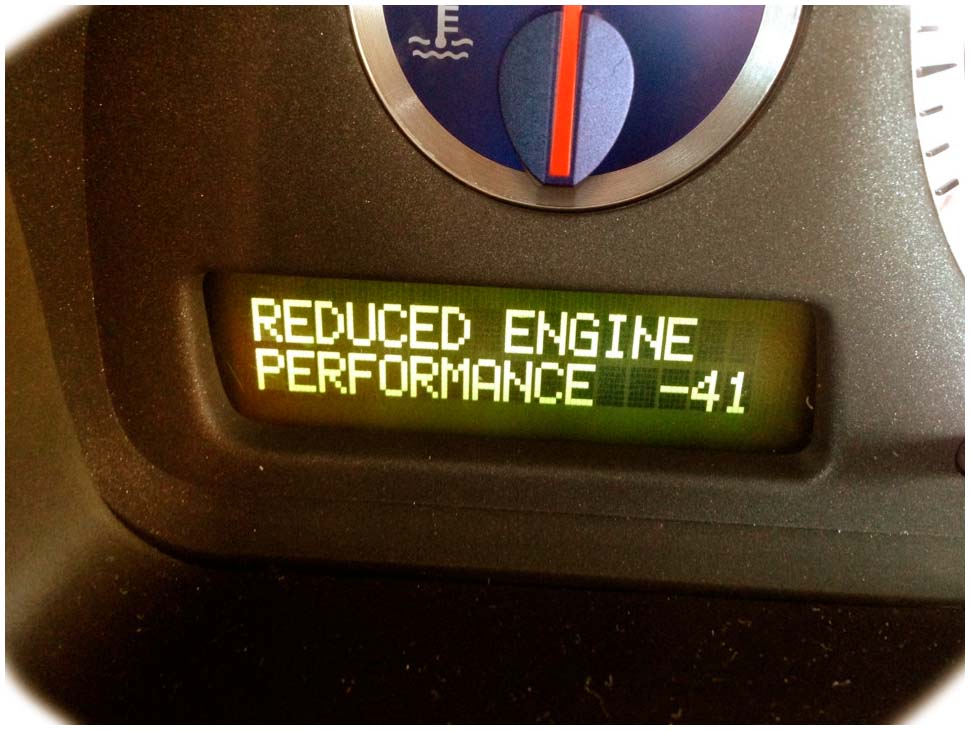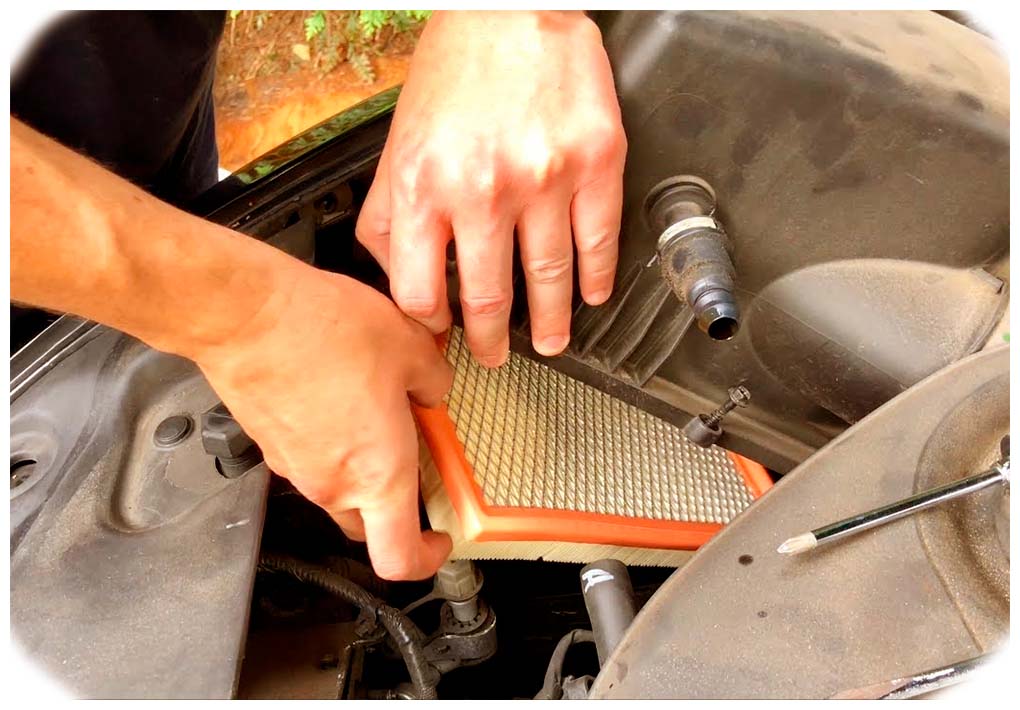Vehicles today are designed with intricate systems that require certain parts and pieces to work properly to ensure the optimal performance of your vehicle. One of the components that are essential for a vehicle’s performance is the car air filter, which helps to protect the engine from dust, debris, and other contaminants, which could cause significant damage. It’s important to understand the dangers of an improperly installed car air filter as this can result in reduced engine output, increased fuel consumption and contamination of your air intake system.
What is a Car Air Filter?
A car air filter is an important component in a car’s internal combustion system as it helps protect your engine from harmful particles entering through the intake manifold. The air filter traps dust, dirt, pollen, and other particles that would otherwise reach your engine’s cylinders, resulting in wear and tear on internal components. This wear can cause increased fuel consumption and reduce engine output over time. Additionally, if not changed regularly enough it can become clogged or dirty leading to poor performance or even engine failure due to lack of airflow.
The Dangers of Improperly Installed Car Air Filter
Several potential issues can arise from installing a new air filter incorrectly, and it’s important to understand these dangers before attempting to install one yourself.
-
Reduced Engine Output: When air filters are not properly installed, they can cause reduced engine output due to an inadequate flow of clean air entering the combustion chamber. This can lead to reduced power and acceleration, and, if left unchecked, can result in decreased fuel economy.
-
Increased Fuel Consumption: An improperly installed car air filter will also cause your engine to consume more fuel than normal due to the lack of a proper flow of clean air. This also means that your vehicle will be burning more fuel than necessary which leads to higher emissions and a decrease in overall fuel efficiency.
-
Contaminated Air Intake System: If not installed correctly, an improperly placed car air filter can cause dirt and other contaminants from outside the vehicle to enter the intake manifold. These contaminants may damage internal components or lead to increased levels of carbon monoxide within the vehicle’s cabin, creating a potentially dangerous situation for passengers and drivers alike.
Common Mistakes to Avoid When Installing an Air Filter
To ensure that you are correctly installing an air filter there are several common mistakes that you should avoid at all costs. These include not replacing the old filter with a new one, not following the instructions on the filter packaging, and not tightening the filter tightly enough. Additionally, it is important to make sure that you use only genuine manufacturer-approved air filters as they are designed to fit securely and provide an optimal level of protection.
Step-By-Step Guide to Properly Installing an Air Filter
Installing a car air filter correctly is essential for protecting your engine and ensuring optimal performance. Here is a step-by-step guide to follow when performing an installation:
-
Turn off your vehicle’s engine completely and open the hood to access the air filter housing; this may require unscrewing clips or bolts depending on your vehicle’s model.
-
Gently remove the old air filter from its housing; be careful not to tear or rip any parts of it when doing so as this may cause contamination of other parts within your engine system.
-
Take out the new air filter and place it into the designated slot in its housing; ensure that all sides are properly fitted into place for maximum protection against dirt, debris and other contaminants entering your engine’s combustion chamber.
-
Securely fasten the filter in place with its designated clips or bolts and ensure that all seals are tightly in place.
-
Replace the housing cover and close your vehicle’s hood securely; start your engine and check for any leaks or abnormal noises that could indicate a faulty installation before driving off.
Conclusion
Installing a car air filter correctly is essential for protecting your engine from dust, dirt, pollen, and other potentially harmful contaminants, which can lead to decreased power output, increased fuel consumption and contamination of your air intake system. By following this step-by-step guide, you can ensure that you have properly installed an air filter in your vehicle, which will help to maximize its performance while keeping you safe on the road.

 Reduced Engine Output: When air filters are not properly installed, they can cause reduced engine output due to an inadequate flow of clean air entering the combustion chamber. This can lead to reduced power and acceleration, and, if left unchecked, can result in decreased fuel economy.
Reduced Engine Output: When air filters are not properly installed, they can cause reduced engine output due to an inadequate flow of clean air entering the combustion chamber. This can lead to reduced power and acceleration, and, if left unchecked, can result in decreased fuel economy. Take out the new air filter and place it into the designated slot in its housing; ensure that all sides are properly fitted into place for maximum protection against dirt, debris and other contaminants entering your engine’s combustion chamber.
Take out the new air filter and place it into the designated slot in its housing; ensure that all sides are properly fitted into place for maximum protection against dirt, debris and other contaminants entering your engine’s combustion chamber.
Add Comment